Author: bapu
-

PlayTime (1967)
Jacques Tati’s PlayTime was, famously, a flop. Tati built an enormous stage on the outskirts of Paris, at great cost. Audiences didn’t come and critics were divided. Over time, however, the film has come to be regarded as a masterpiece, a simultaneous statement on the confusing hollowness of modernity and a depiction of human resistance.…
-

Elena Knows, Pineiro (2007)
Claudia Piñeiro is one of Argentina’s most successful authors. She’s also a pro-choice activist, having lent her voice to the successful effort to legalize abortion in Argentina. Elena Knows is Piñeiro’s effort to portray, in uncompromising terms, what the responsibility of caregiving entails. The debate around abortion typically revolves around political and religious values—what is…
-

Being Upright, Anderson (2001)
The Bodhisattva precepts are not commandments. They are descriptions of the world as it is. That we humans don’t see that, or don’t quite believe it, is why books like Being Upright need to be written. Reb Anderson, senior dharma teacher of San Francisco Zen Center, one of North America’s most venerable Buddhist institutions, does…
-
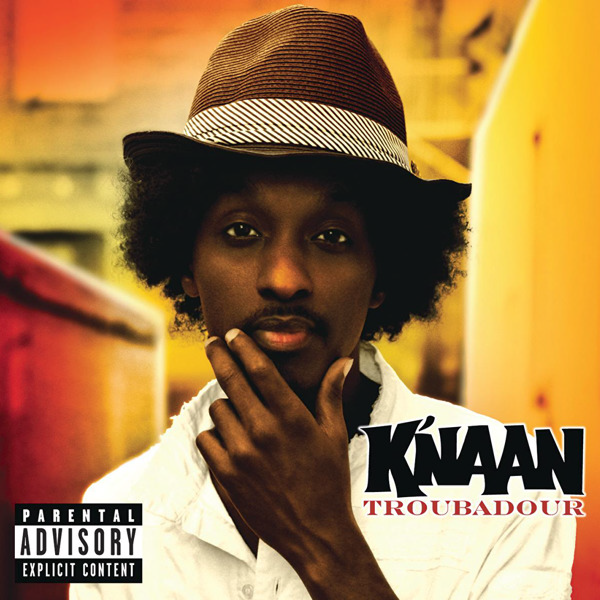
Troubadour, K’naan (2009)
K’naan hasn’t released an album in thirteen years, and that’s only if we’re counting 2012’s mediocre Country, God or the Girl. But the Somalian-Canadian MC’s first two albums, The Dusty Foot Philosopher and Troubadour, had the potential to take mainstream hip-hop into thrilling, borderless territory. K’naan’s art has an emotional center: his experience of fleeing…
-

Apocalypse Now (1979)
I have an acquaintance—once a good friend, now an acquaintance; these things happen—who survived an act of political violence. Nearly one hundred people around her died. She was very close to the bomb but, as far as I know from our infrequent meetings, suffered neither serious injury nor persistent psychological trauma. Apocalypse Now is about…
-

The 40 Year-Old Virgin (2005)
Well. The crudeness of 40 Year-Old Virgin—and be prepared for some extreme crudeness, some of which, two decades later, would for good reason no longer be tolerable—has a purpose. The film explores male fragility, especially with respect to sex, by amplifying it. And, truth be told, as offensive as some of these jokes are, they…
-

The Practice of the Wild, Snyder (1990)
The ideas contained within Practice of the Wild may be the only ideas powerful enough to stave off the looming ecological and political apocalypses of the twenty-first century. I acknowledge the grandiosity of this statement. My only defense is that the ideas in this book are not the work of one man. They are the…
-

Outline, Cusk (2014)
Cusk’s method is creative and straightforward: define the narrator through negative space. Outline is a record of ten conversations in Athens. In each, the narrator Faye is almost silent; even her thoughts are outward-facing, rarely self-reflective. She listens to stories about heartbreak and identity, how relationships gradually create and erase and smudge our selves. She…
-

Viva Tu, Manu Chao (2024)
With the release of Clandestino in 1998, Manu Chao created a new sound, an original fusion in senses musical (reggae, punk, folk, blues), linguistic (Spanish, French, English, Portuguese, Catalan, Arabic), and thematic (justice, heartbreak, joy). “Fusion” in the best sense of that word—not a forced meeting, but a revelation of threads that already connect what…
-
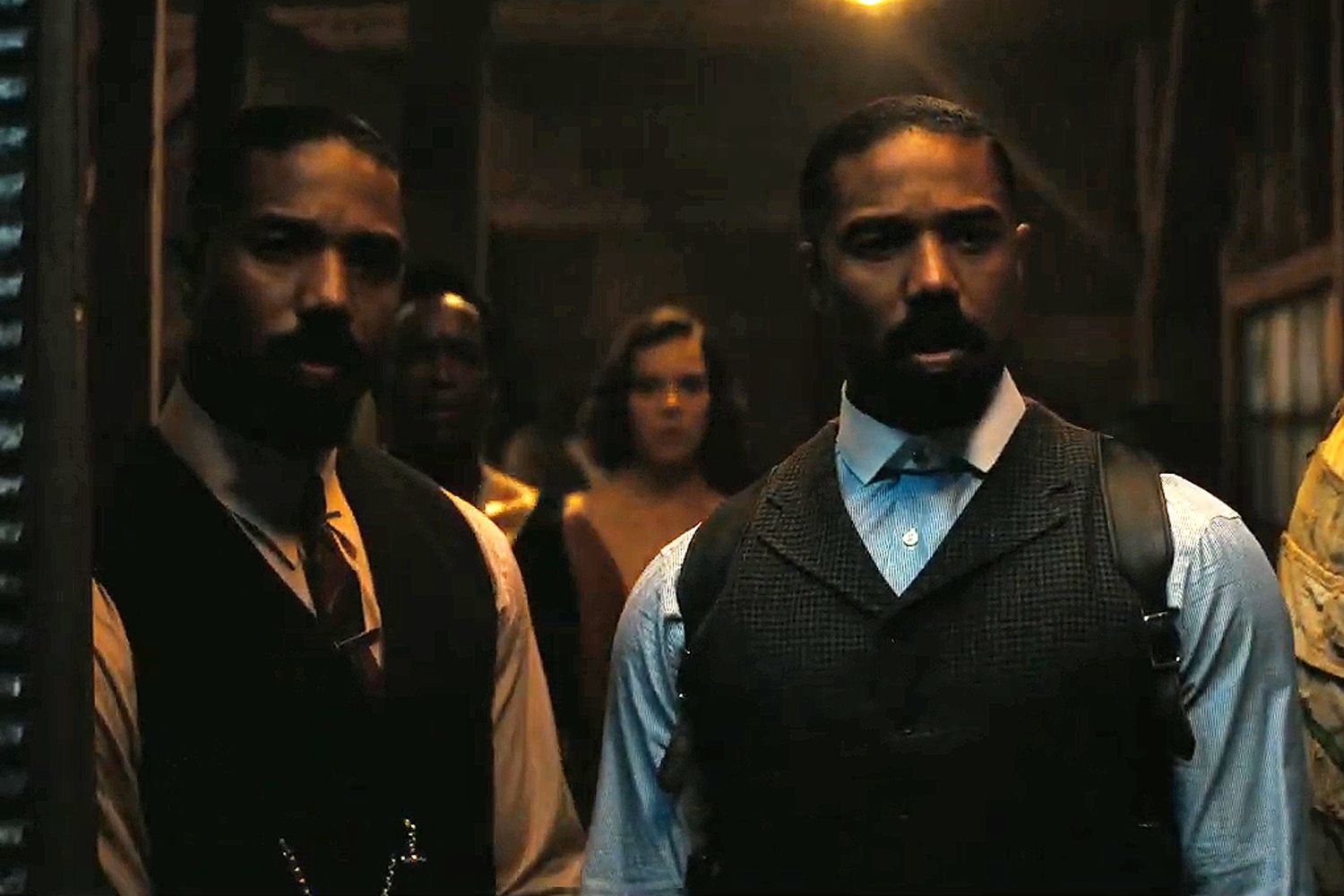
Sinners (2025)
Walking out of Sinners, I thought: human creativity will never be exhausted. Yes, we’re surrounded by a bland artistic landscape shaped by algorithms that attract and desiccate human minds. The tech companies are carnivorous pitcher plants and we are flies…and then a film like Ryan Coogler’s Sinners restores perspective. There is a reservoir of beauty…
-

Gracious Mama Africa, Dezarie (2001)
To describe Dezarie’s vibe—soul-stirring basslines, sweet melodies, militant lyrics—is to enumerate the qualities that give reggae global appeal. And yet there’s something unique in Gracious Mama Africa that defies adjective. Consider, from “Poverty,” sung over an achingly lovely tune: “…them raise certain price despite/Just so black youth them can’t enjoy/So in return all them want…
-
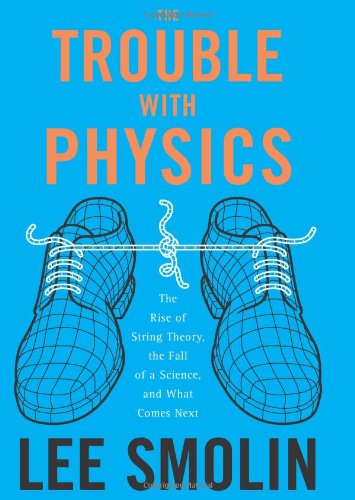
The Trouble with Physics, Smolin (2006)
If Lee Smolin is right, the first half ofThe Trouble with Physics is destined to be forgotten. A decade or two hence, string theory may feel like a fever dream—a kaleidoscopic rush of ideas, some brilliant, some absurd, but the whole ultimately incoherent. If that’s the case, then the details of string theory will become…
-

Never Let Me Go, Ishiguro (2005)
There is a passage near the end of Never Let Me Go that speaks about the inertia of the suffering we cause others (“By the time people become concerned…There was no going back”). Living requires that we cause pain to other beings. There is no avoiding killing microbes with every breath, killing plants and animals…
-

Austerlitz, Sebald (2001)
Austerlitz is like nothing I’ve ever read—a single paragraph flowing like a river, alternately rushing and quiet, oxbowing through a life, ordinary objects coming into glory like sun catching quartz on the bank, fear, wildness, sighing in the deep valley. I’m not sure that the narrator is necessary. I’m not even sure that the eponymous…
-

Time and Chance, Albert (2003)
The problem is our intuition of time. The laws of physics do not necessitate an experiential distinction between what we call the past (a supposed collection of recorded events) and what we call the future (events necessarily outside our ability to know). Albert’s solution is to stitch together the dynamical laws of motion and only…
-
Singin’ in the Rain (1952)
I wasn’t expecting Singin’ in the Rain to be quite so…psychedelic. And also, if one is lacking hallucinogenic assistance, so boring. Yes, Gene Kelly’s athleticism is a marvel. Donald O’Connor’s body-and-soul commitment to “Make ‘Em Laugh” deserves our respect. But it’s all so empty. Critics gush over the film’s feel-good purity, but isn’t this exactly…
-
Soundtrack to a Coup d’Etat (2024)
Soundtrack to a Coup d’Etat is not a story: it’s a feeling. A clip of Nina Simone singing a few bars of Bob Dylan’s “Ballad of Hollis Brown”—”The rats have got your flour/Bad blood it got your mare/If there’s anyone that knows/Is there anyone that cares?”—plays several times in the film, and each time one…
-
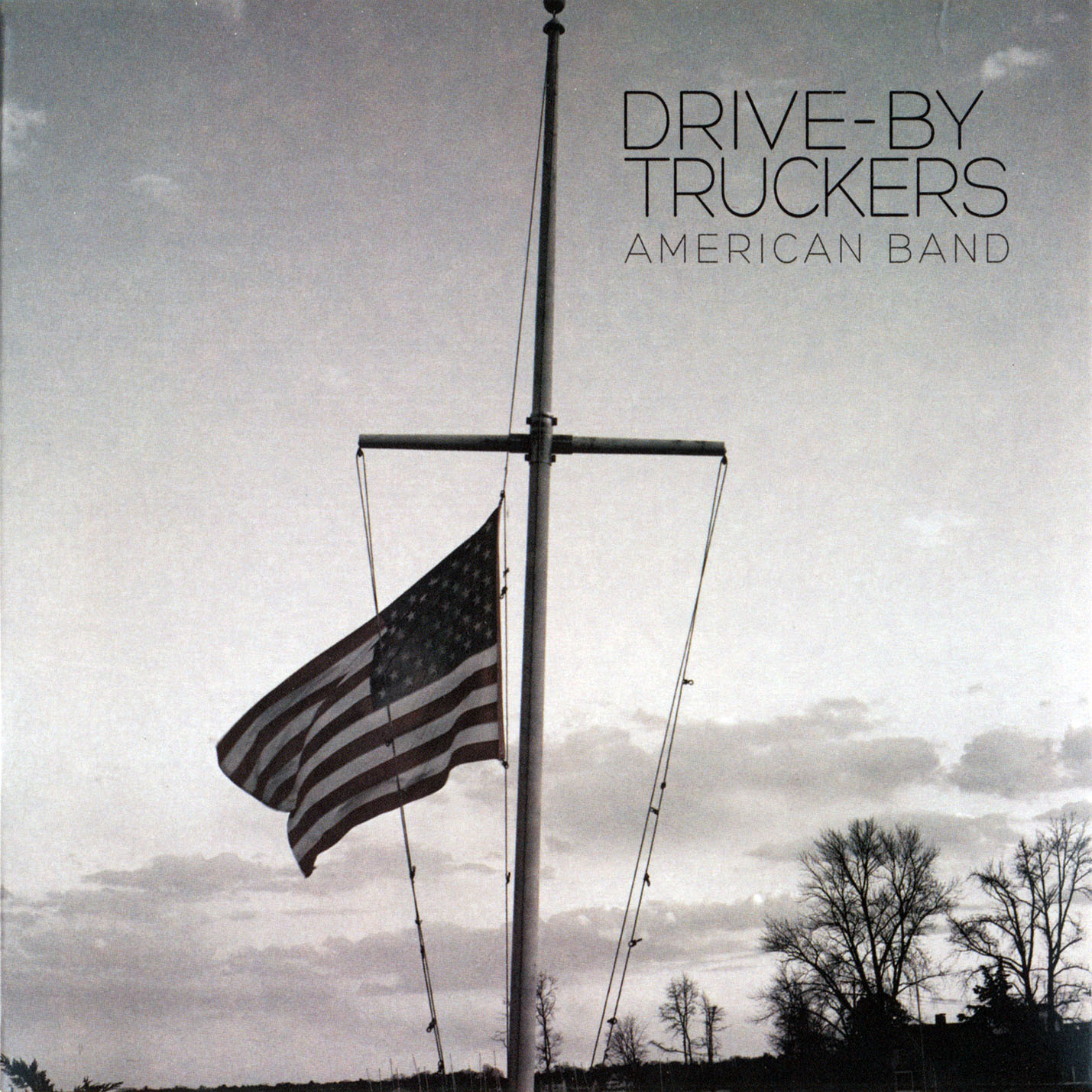
American Band, Drive-By Truckers (2016)
Honest political art must walk the line between ambiguity and conviction. Sloganeering, no matter how righteous the fight, eventually ends in middle-aged exhaustion. This is especially the case when the tribe is the cause. No song better exemplifies the success of American Band than “Ever South,” an odd mix of (Irish-)European pride and settler confessional.…
-
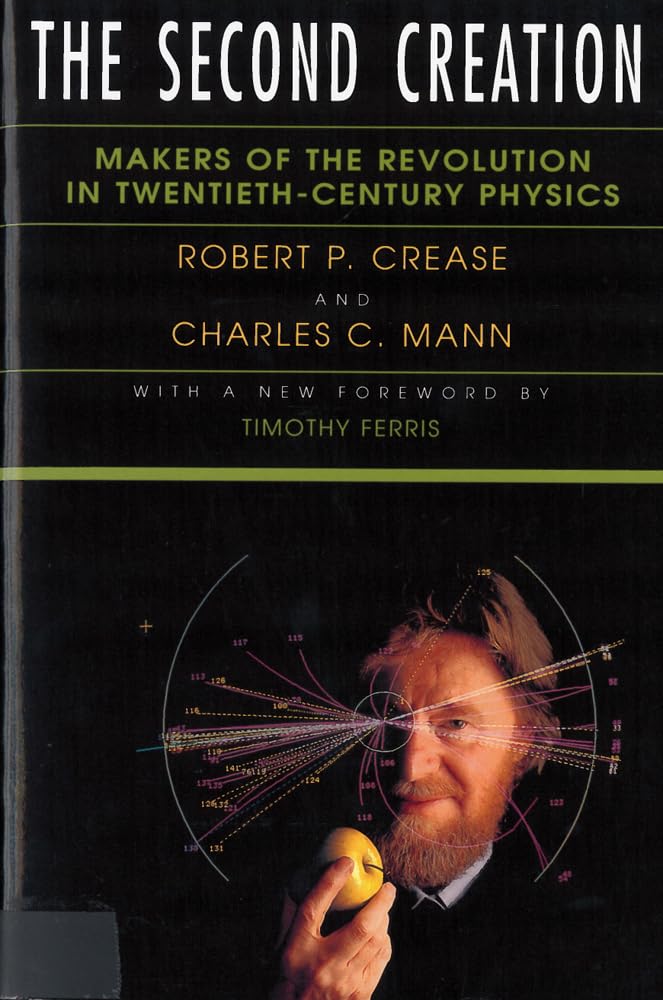
The Second Creation, Crease and Mann
Crease and Mann write in the afterword of The Second Creation that they sought to tell the history of the Standard Model through the words of those most closely involved. This they do, admirably. Many of the scientists appear as deeply human, their flaws on clear display, and to flattering effect: humanness makes their subtle…
-
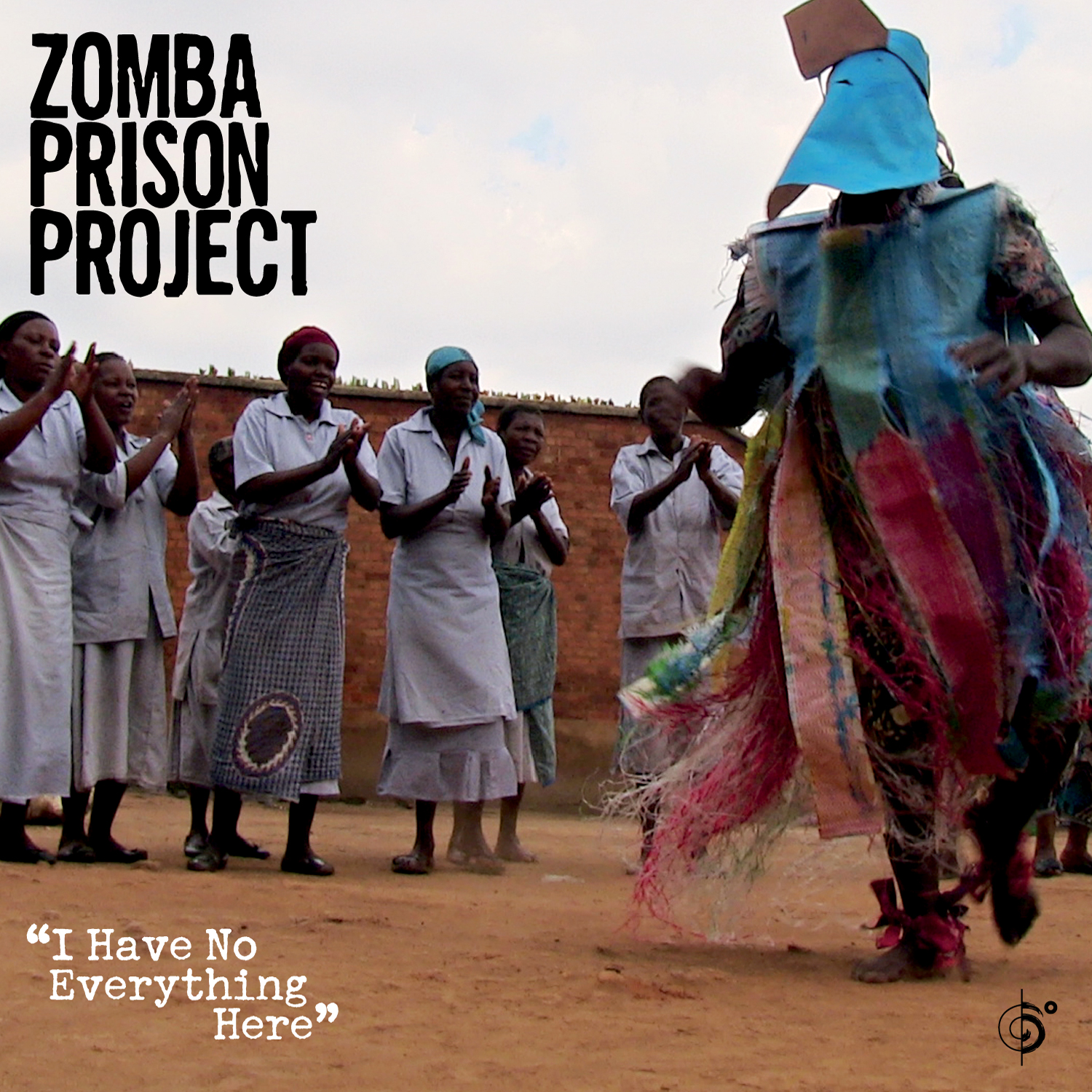
I Have No Everything Here, Zomba Prison Project (2015)
Dostoevsky, in House of the Dead, wrote that the character of a society can be judged by entering its prisons. It would not be fair to lay the horrors of Zomba Central Prison—overcrowding, malnutrition, HIV—on Malawian society: it’s one of the poorest countries in the world, and the gap in well-being between free people and…
-
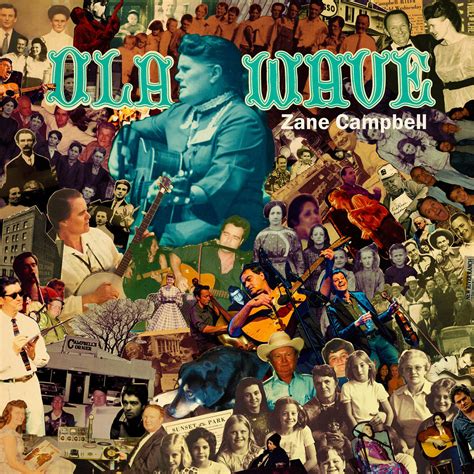
Ola Wave, Zane Campbell (2017)
Zane Campbell is the real deal. A royal Appalachian music bloodline, a life torn apart by drink and drugs, undeniable lyrical genius, a refusal to conform to country-music-as-beer-commercial. What does it all amount to? Maybe nothing more sitting on a torn recliner in the yard with a scruffy guitar in hand, singing your heart out…
-
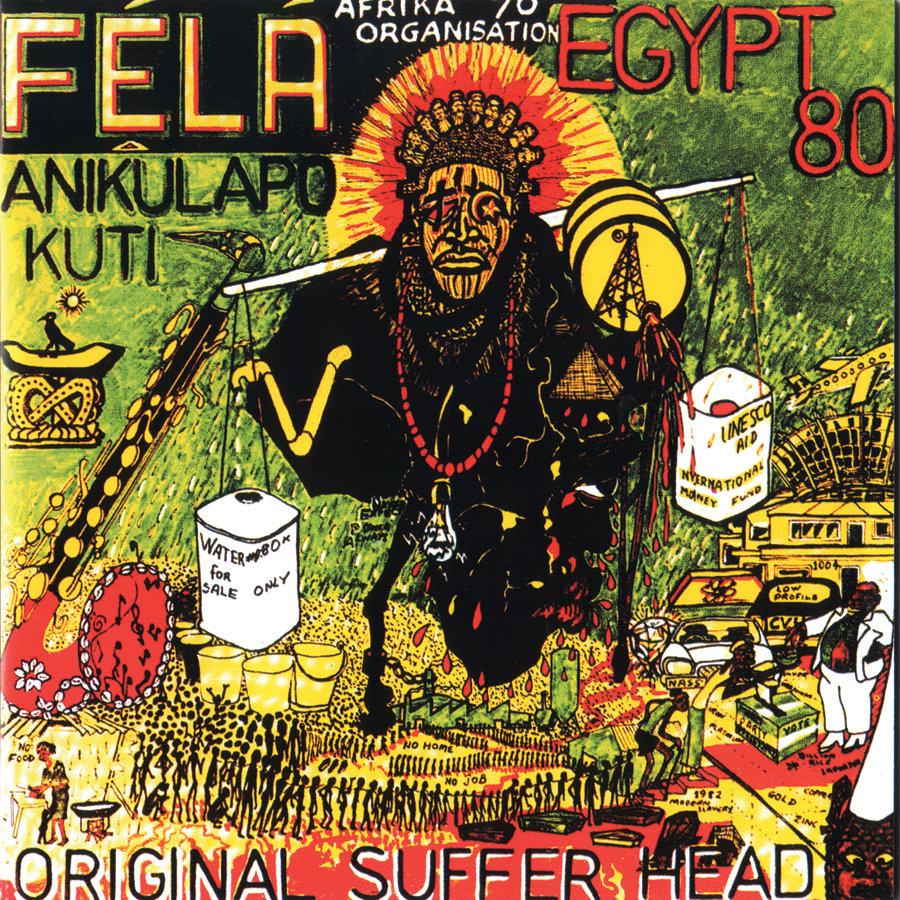
Original Sufferhead, Fela Kuti (1981)
Few artists can credibly lay claim to inventing a genre. The genre Fela Kuti created, Afrobeat, remains difficult to define. The word connotes musical influences (Nigerian traditional music, Ghanaian highlife, funk, soul), instrumentation (horn-heavy, percussion forward), and a musical ideology (energetic, experimental, political). All of this is a reflection of Fela’s time and place: a…
-

Middlemarch, Eliot (1872)
Middlemarch depicts a very particular people, place, and time: the English provincial middle-class of the 1830s. Eliot cares about detail. The speech of the characters, their behavioral decorum, the parsing of status and misfortune, even the physical details of habitat are described with such fidelity that the reader experiences a gradual change in focus. What…
-

Rough and Rowdy Ways, Bob Dylan (2020)
All Bob ever wanted is for us to not forget the past. Not to excuse its crimes or stop moving forward, but to simply remember what we once were, how we once felt. Every Dylan record since 1992’s Good as I Been to You serves this kind of conservatism—the best kind of conservatism, one interested…
-
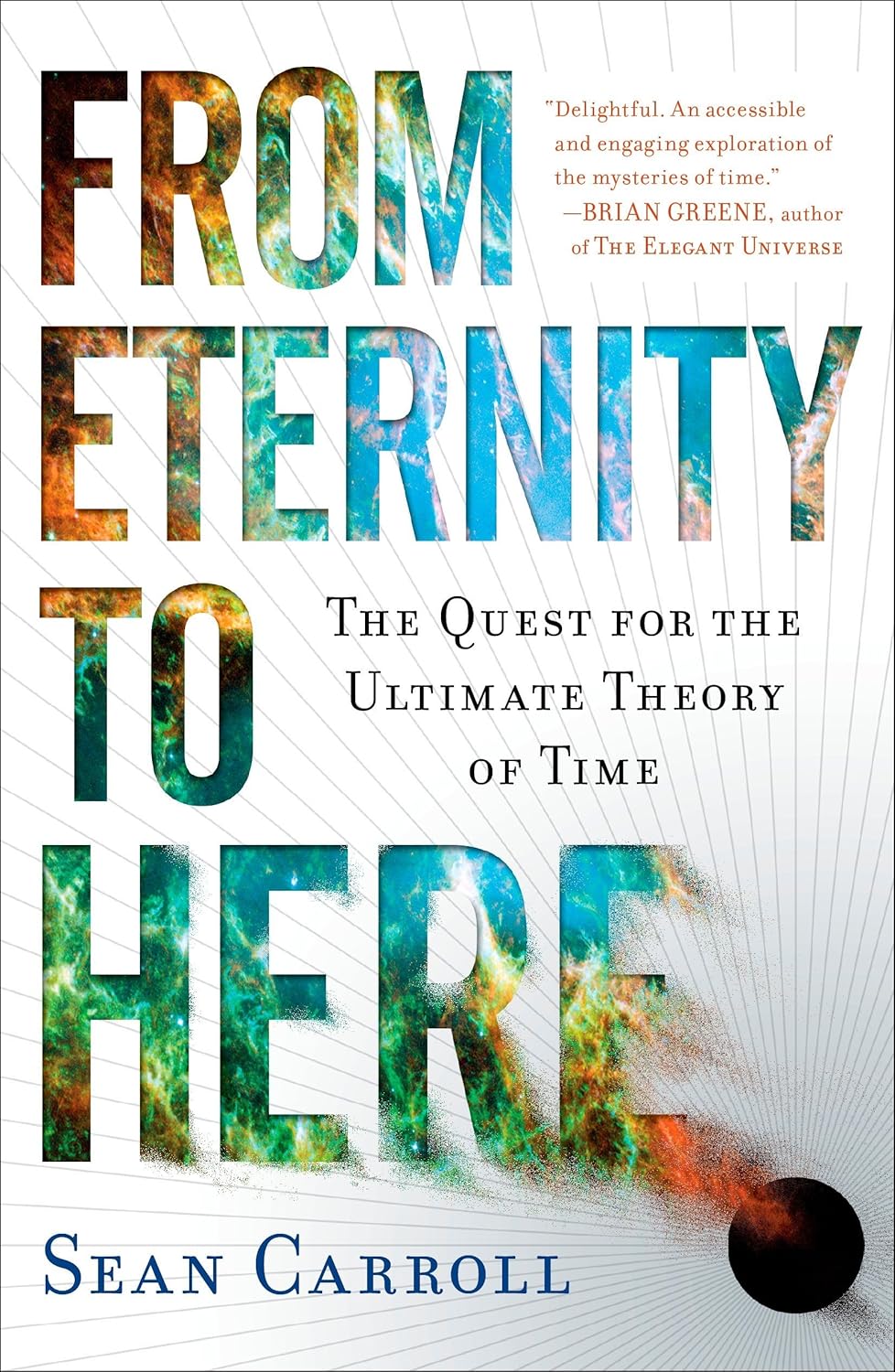
From Eternity to Here, Carroll (2010)
From Eternity to Here is the best available single-book popular treatment of time and entropy as understood by present-day physics. These are not easy topics. The history of the philosophy of time is byzantine, burdened with both wishful thinking and self-absorbed pessimism; and if there’s one modern topic that’s been thoroughly obfuscated by misuse (by…
-

Soul Journey, Gillian Welch (2003)
Critics generally regard Gillian Welch’s third album, Soul Journey, as an artistic lull. I disagree. The dominant themes of her other early albums—Revival‘s wistfulness, Hell Among the Yearlings‘ gothic grimness, Time (the Revelator)‘s nostalgic cool—rely on more powerful human emotions than the lightness of Soul Journey. But lightness can also be deep. It’s the sensation…
-
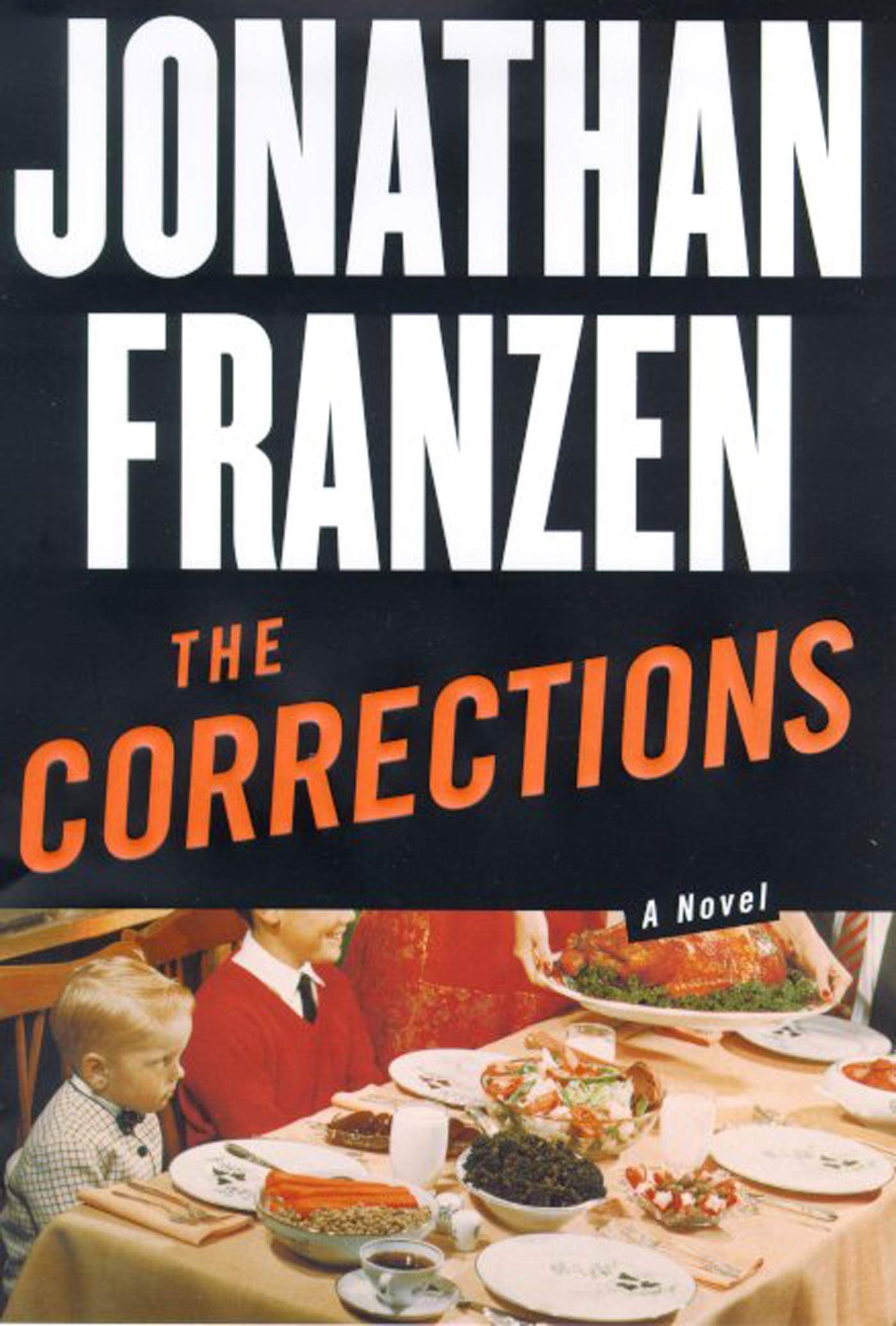
The Corrections, Franzen (2001)
There are good reasons why The Corrections is talked about in the same breath as the great 19th-century Russian novels. The book has similar ambitions—to explore psychological truths and social dilemmas through detailing the inner lives of a family—and Franzen is an undeniably talented storyteller. But I can’t recall having been more depressed reading a…
-
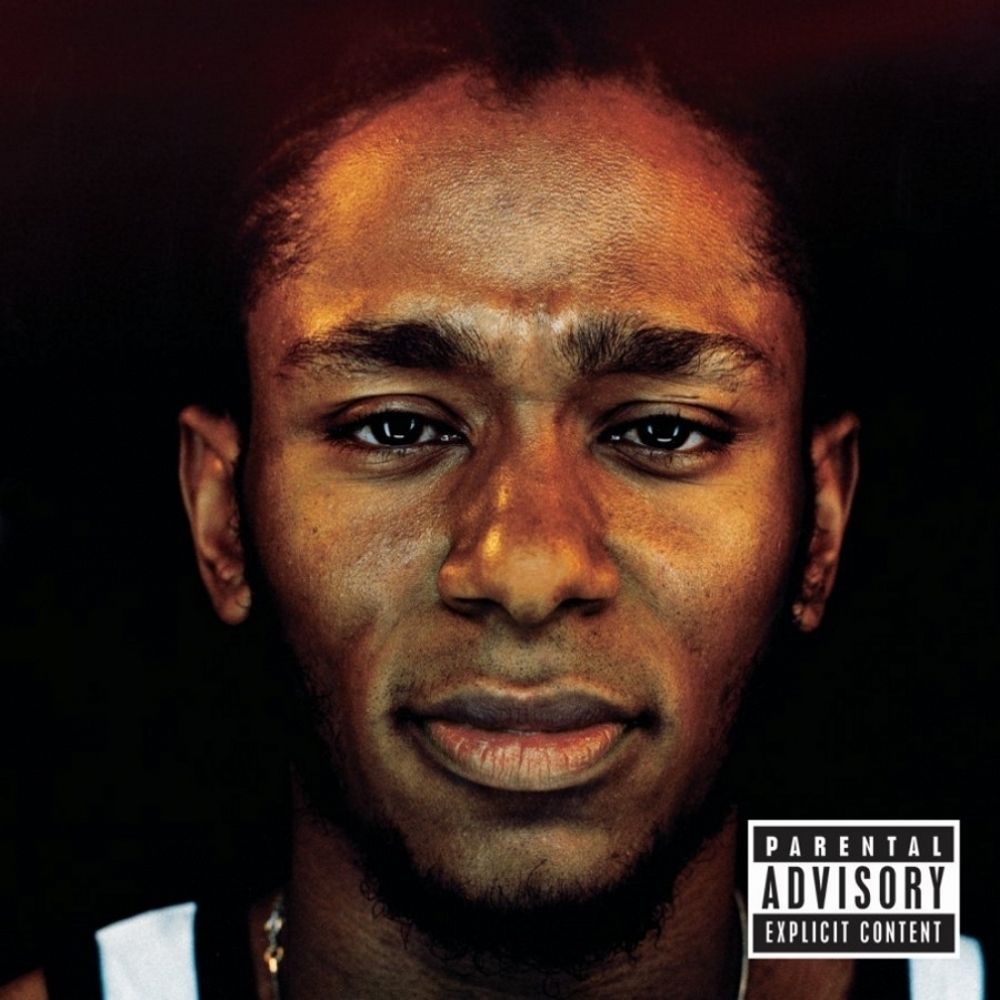
Black on Both Sides, Mos Def (1999)
I hated my nose growing up. It was too big, too bulbous. I wanted a white nose: Roman, aquiline. The insecurity grew milder as I got older, but it wasn’t until I saw the album cover for Black on Both Sides, and then listened to the music, that I understood how thoroughly I’d been brainwashed.…
-
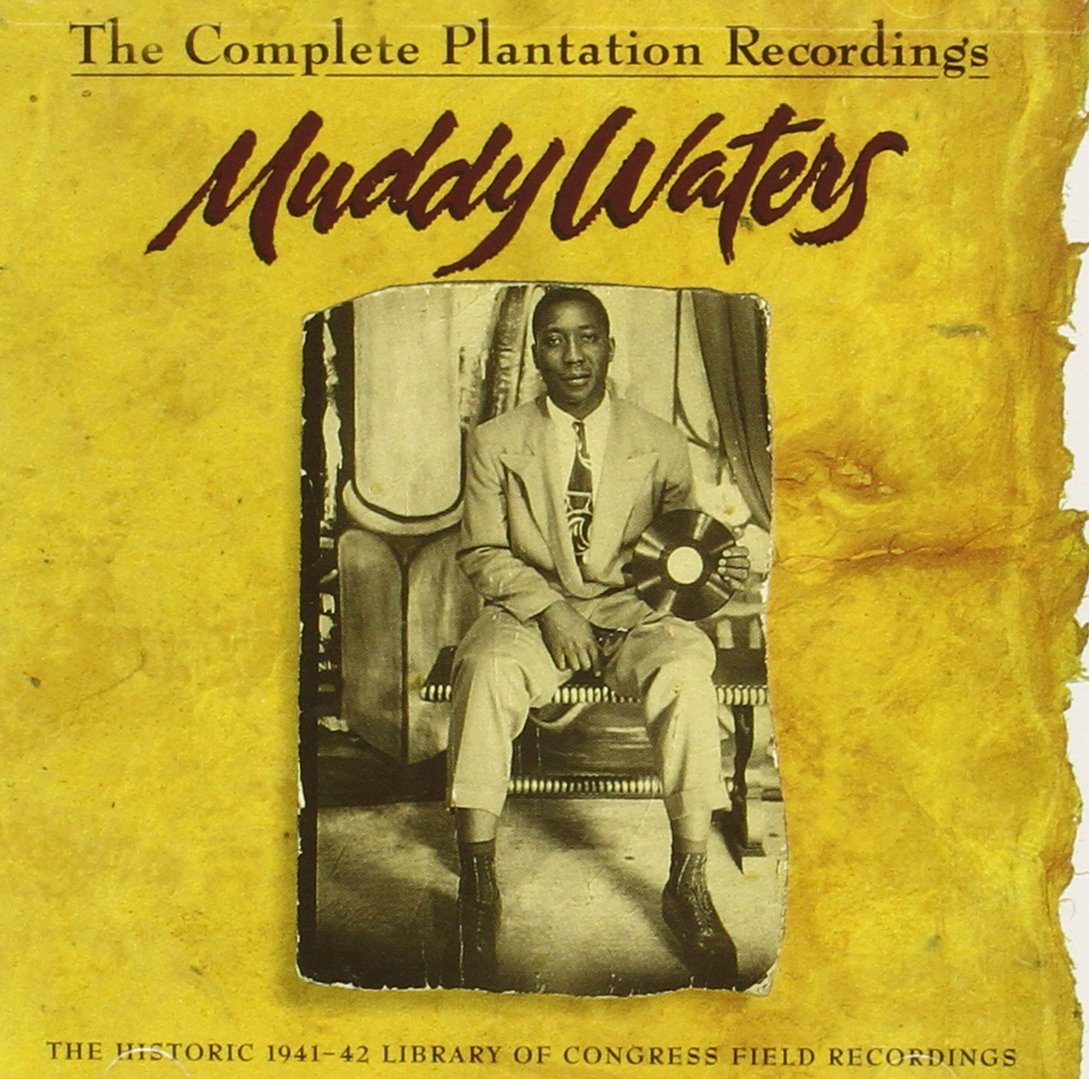
The Complete Plantation Recordings, Muddy Waters (1941)
In 1941, the music historian Alan Lomax traveled to Clarksdale, Mississippi, hoping to record the legendary Robert Johnson. Johnson was dead, but locals pointed Lomax to another blues guitarist, McKinley Morganfield, better known by his nickname Muddy Waters. Over the course of two visits in 1941 and 1942, Lomax and the musicologist John Work recorded…
-

RTJ4, Run the Jewels (2020)
RTJ4 dropped a week after George Floyd’s murder and a few months after COVID-19 hit the world stage. In retrospect, the most painful aspect of 2020 wasn’t the horrific events themselves. It’s the blinding realization that the world is just the same as it was before. No major legislation addressing police brutality passed; no overdue…
-
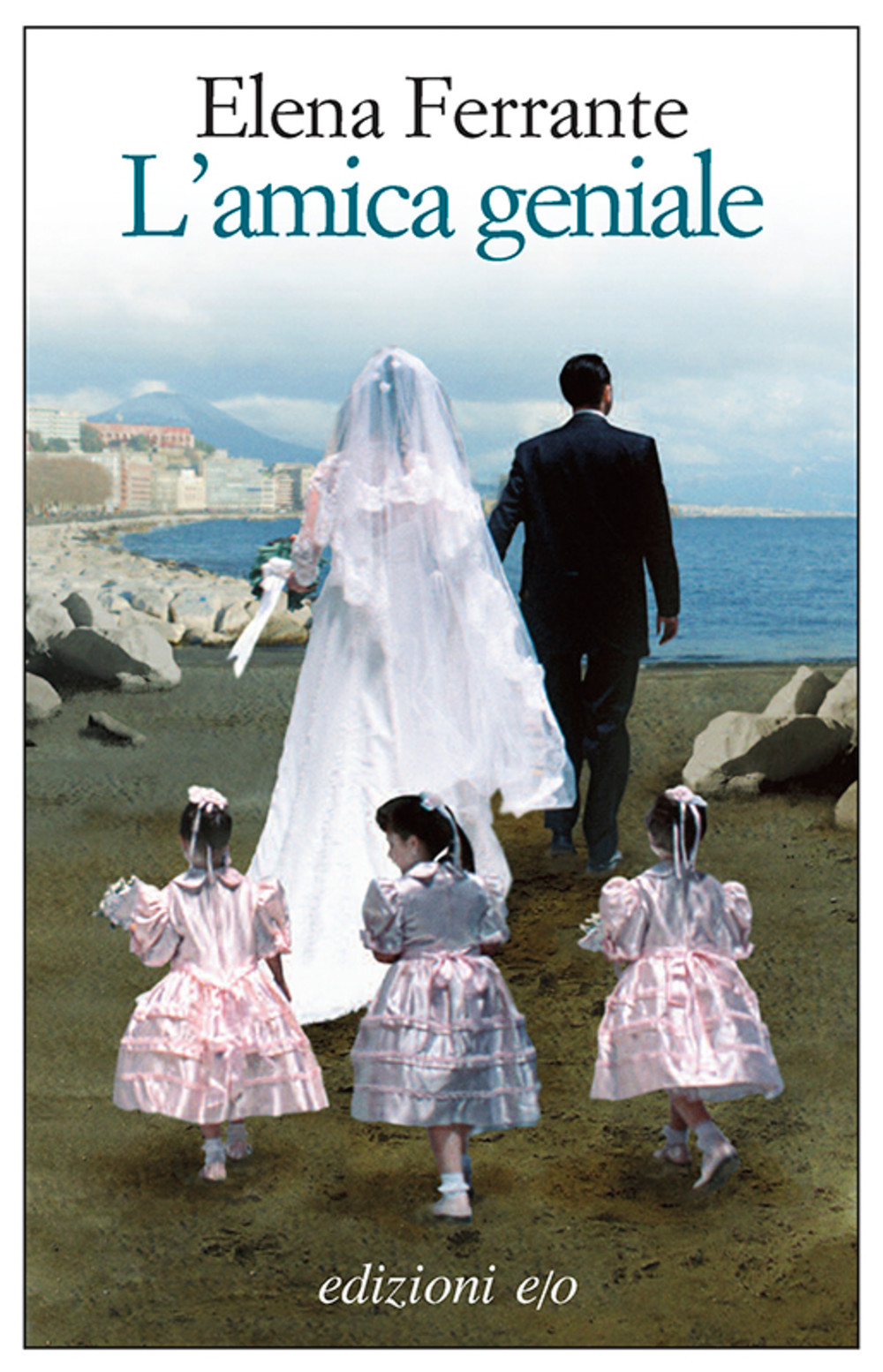
My Brilliant Friend, Ferrante (2012)
The New York Times recently released a list of the 100 greatest books of the 21st century, as chosen by over five hundred writers and critics. Number one on the list—the putative greatest book, fiction or non-fiction, of the last twenty-four years—is Elena Ferrante’s My Brilliant Friend. I don’t see it. The novel is a…
-

On Functions
A function is a machine. We observe the world and wonder what generated the phenomena we see. Water flowing, a bicycle rolling, a tree growing. What we would need to put into the world in order to obtain what we observe? A function mathematizes the process, which is to say that it allows for careful…
-

Wolf Hall, Mantel (2009)
Hilary Mantel’s Wolf Hall, the first in her trilogy of novels about Thomas Cromwell, chief advisor to the 16th century English king Henry VIII, is a rebuttal. Narrowly, it’s a rebuttal to A Man for All Seasons, Robert Bolt’s 1954 play (and later Academy Award-winning film) about Thomas More, Cromwell’s contemporary and greatest antagonist. In…